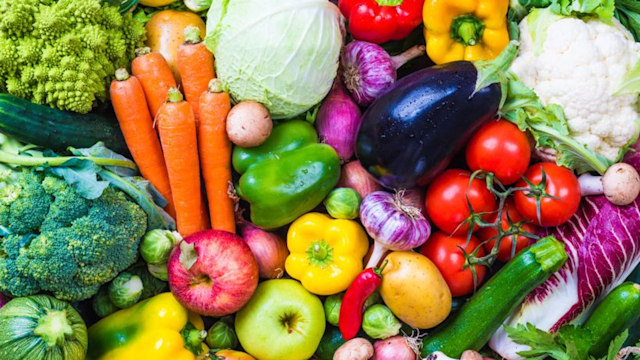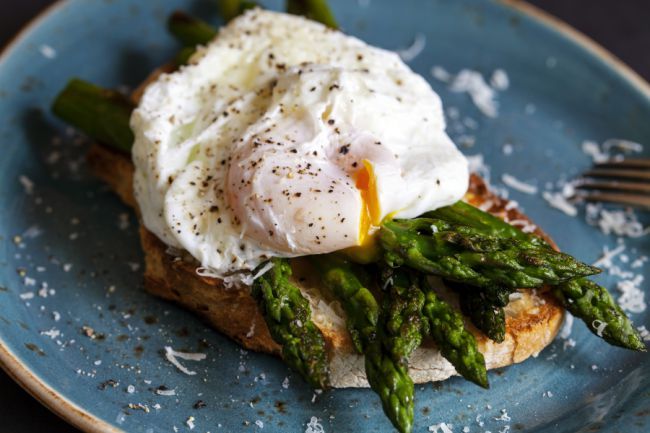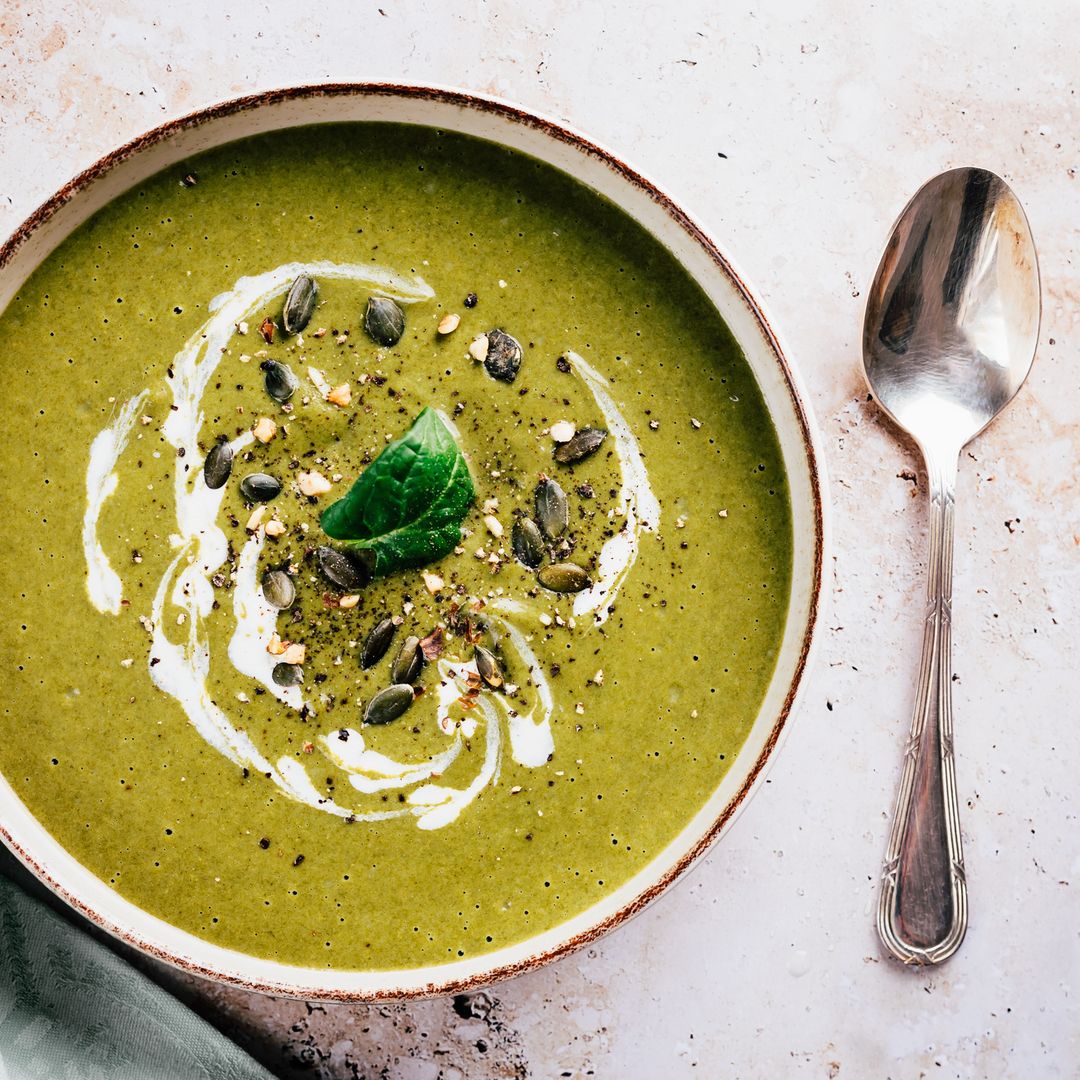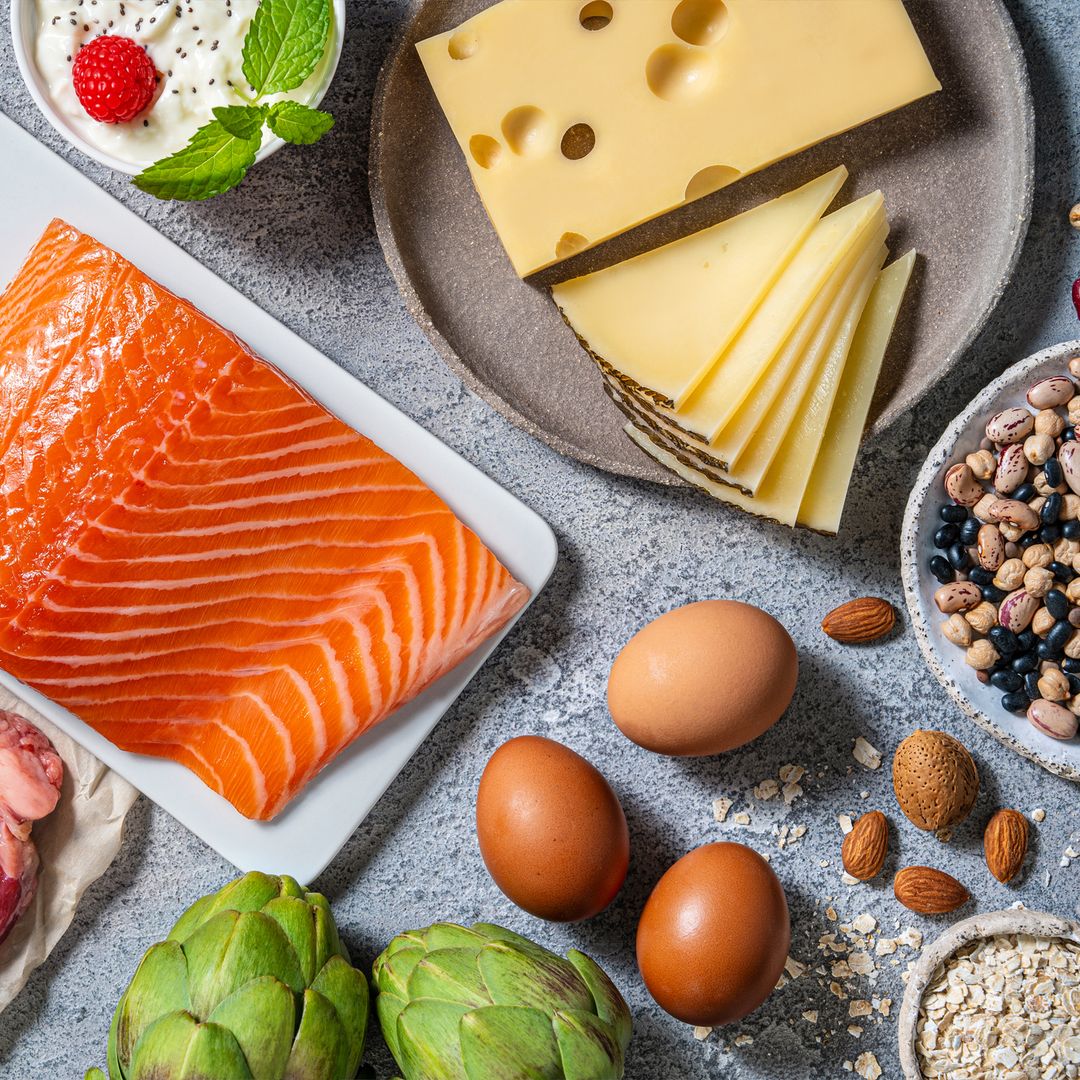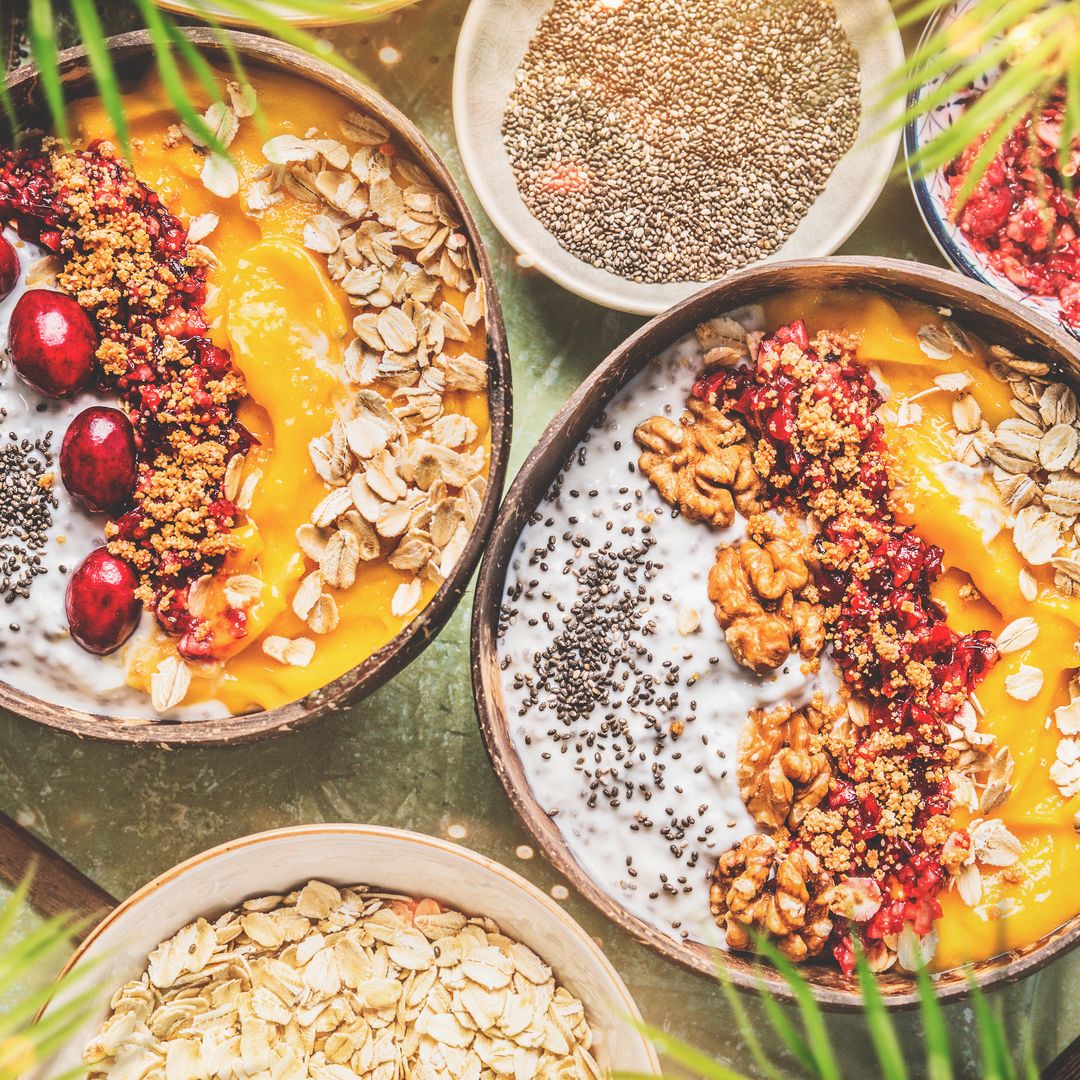If you're thinking about going vegetarian or even reducing your meat intake, there are a number of things to consider before changing your diet. From making sure you're eating a healthy, balanced diet to finding inspiration for satisfying meat-free meals, we asked Geeta Sidhu-Robb, founder and CEO of Nosh Detox, to share her top tips for getting started.
What are the benefits of following a vegetarian diet?
There are so many health benefits that are a direct result of following a vegetarian diet. From our mood to our immune system, from our body to our skin, the benefits are extremely broad. A vegetarian diet, if practiced correctly, results in increased collagen that helps our skin to stay plump for longer as well as keeping our eyesight strong. Another bonus to sticking to a vegetarian diet is the positive effect it has on our figure. Vegetarians typically weigh less as a result of a diet comprised of fewer calories in the form of grains, legumes, nuts, seeds, fruits, and vegetables.
Geeta Sidhu-Robb is the founder and CEO of Nosh Detox
STORY: The foods you should always buy organic
If you eat a good vegetarian diet (not counting cheese pizzas as food) all that fibre, enzymes and lower calories just naturally give you a much better shape. The benefit it has on our mood is another great benefit, as research shows that vegetarians are often happier than non-vegetarians!
What are your top tips for anyone considering going vegetarian?
Plan, plan and plan again. Doing anything different needs habits and success rituals built in so you don’t fail immediately. If you don’t plan you’ll end up eating fatty, unhealthy carb rich food and falling at the first hurdle. Make a shopping list based on your favourite foods and keep it all in stock. Really think about your snacks. This is where people tend to fail the fastest. Think nuts, seeds, fruit, and nut butters.
How can vegetarians ensure they are getting all the nutrients they need?
Call me! Honestly, it is a little tough, but don't stop researching – balance body fat and make sure you clearly understand what non-meat and non-fish protein looks like. We often deliver a week of vegetarian food to new vegetarians so they can see what a normal vegetarian diet looks like.
RELATED: The best vegetarian restaurants in the UK
Eggs are a good source of protein for vegetarians
Vegetarian diets are packed full of essential nutrients, but in the absence of meat, it is vitally important that we make sure we are still consuming the correct amounts of proteins in other forms. Protein comprises small parts called amino acids, which aid your metabolism and help to keep you muscles, skin and organs healthy.
Eggs are a great source of proteins for vegetarians, and are often used as a breakfast option for athletes – especially boxers. Vegan options include nuts, peanut butter, seeds, grains and legumes. Iron is another key nutrient and plays a crucial role in the production of red blood cells. These can help to carry oxygen throughout your body. Good sources include iron or beans, broccoli, raisins, wheat and tofu. Omega-3 fatty acids improve your heart health and brain function. Flaxseed meal and oil are great vegetarian sources of omega-3. You can also look to plant sources. Finally, Zinc is vital to our immune system. A lot of cheeses contain zinc, but you can also find it in beans, nuts and soy products which contain fewer calories.
See the latest food features and recipes here.
